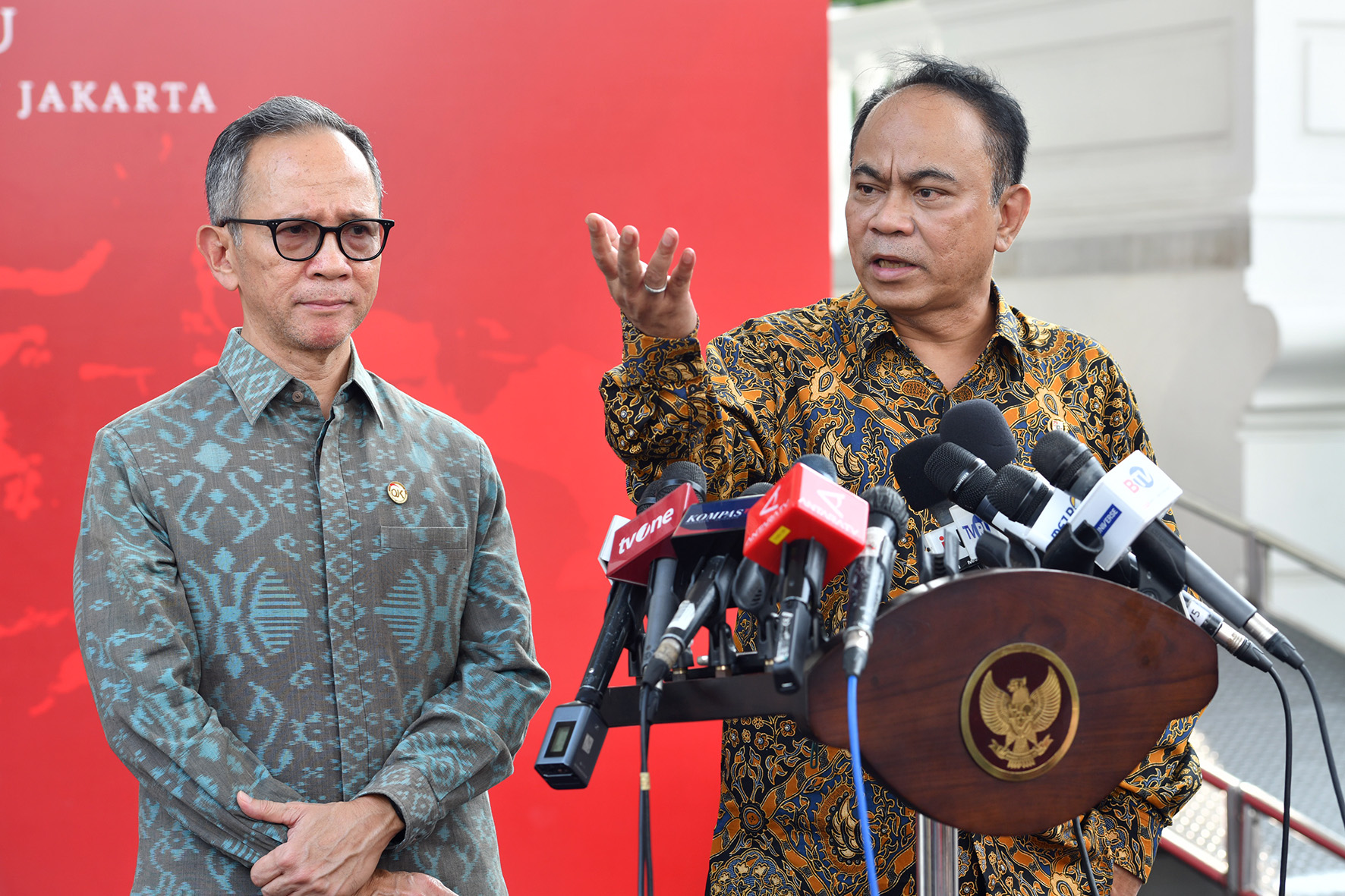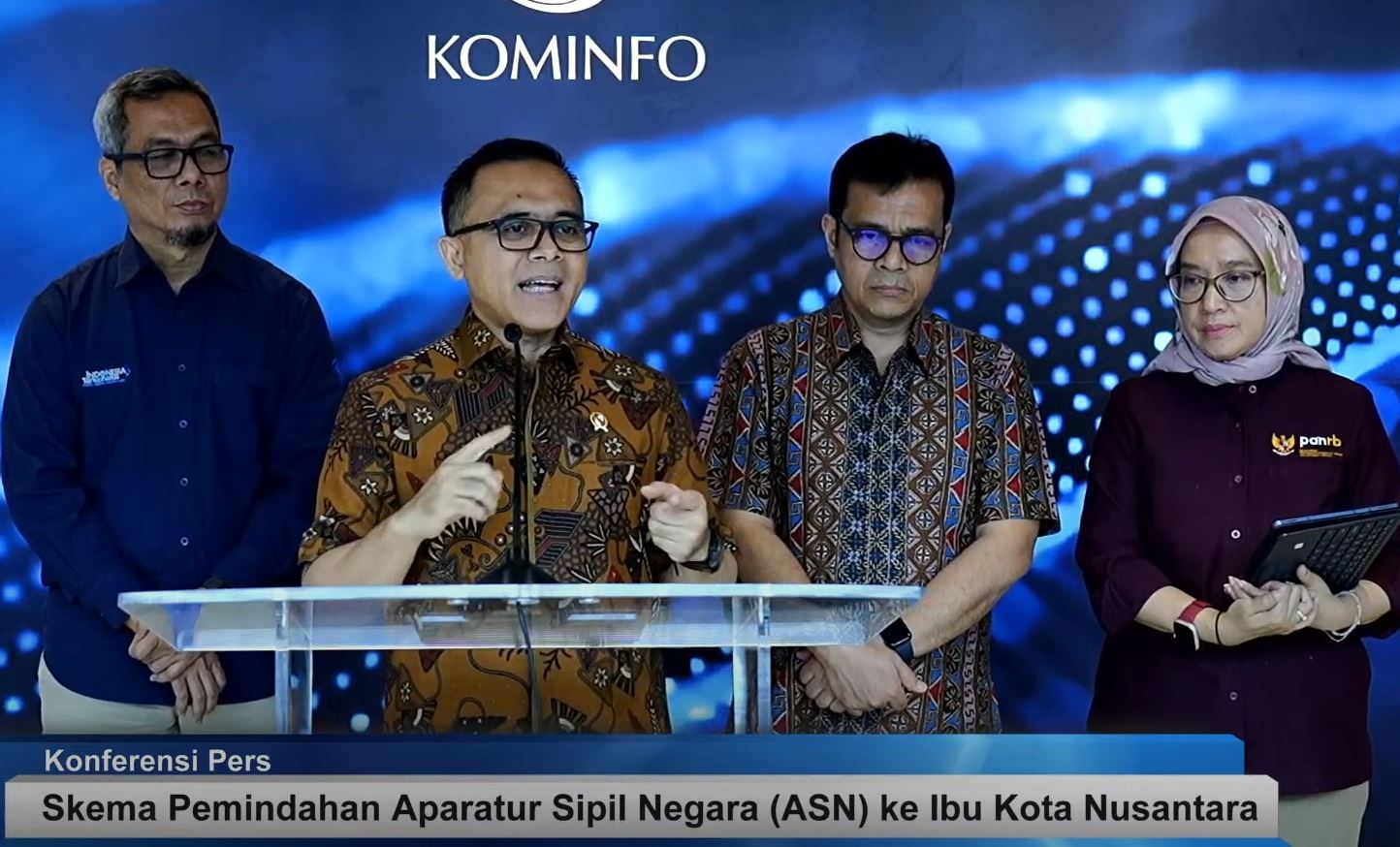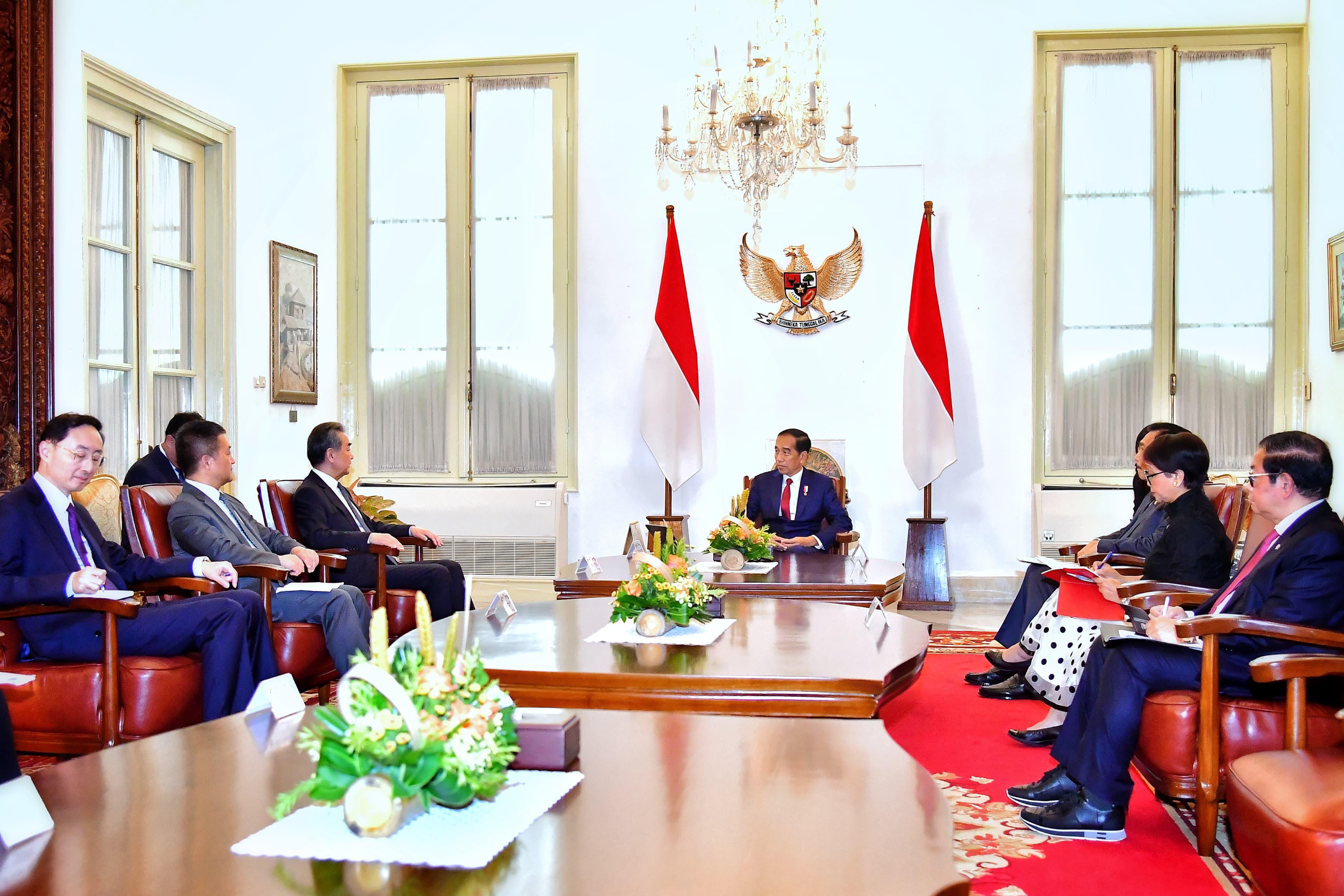Anti-Corruption Attitude Index Drops This Year: BPS
 A survey done by the Central Statistics Agency (BPS) shows that the anti-corruption attitude index (IPAK) in Indonesia this year is at 3.66 on a scale of 0 to 5, lower than that in last year at 3.71.
A survey done by the Central Statistics Agency (BPS) shows that the anti-corruption attitude index (IPAK) in Indonesia this year is at 3.66 on a scale of 0 to 5, lower than that in last year at 3.71.
The IPAK value that is closer to 5 shows that the people have a higher anti-corruption attitude, while the IPAK value that is closer to 0 shows that the people are getting more permissive corruption, Chief Suhariyanto said in a press conference in Jakarta, Monday (17/9).
According to Suhariyanto, the IPAK value is determined based on two dimensions: perception and experience.
In 2018, the perception dimension value is 3.86, rising by 0.05 points compared to that in last year at 3.81. On the contrary, Suhariyanto said, the 2018 experience dimension is 3.57, dropping by 0.03 points compared to that in 2017 at 3.60.
In 2018, the IPAK of urban communities is 3.81, higher than the IPAK of rural communities at 3.47, Suhariyanto added.
In terms of education, according to Suhariyanto, higher education makes people more resistant to corruption. In 2018, the IPAK value of correspondents among junior high school graduates and below is 3.53; those with high school diplomats is 3.94; and those with education level above high school is 4.02, he said.
Meanwhile according to their age group, Suhariyanto continued, people aged 60 years old and beyond are more permissive than those in other age groups. In 2018, the IPAK of 40 years old people and below is 3.65; 40-59 years old people is 3.70; and 60 years old and beyond is 3.56, Suhariyanto said.
According to Suhariyanto, the Anti-Corruption Attitude Survey (SPAK) has been carried out every year since 2012 until now, with the exception in 2016. The SPAK survey in 2018 is done in a national level survey in 34 provinces with a total sample of 9,919 households.
He further said that the survey aims to measure the level of public permissiveness towards anti-corruption behavior by using the Anti-Corruption Attitude Index (IPAK). He added that this survey only measures the attitude of public in petty corruption and does not include grand corruption.
The data collected in the survey includes opinions on public habits and experience in dealing with public services in terms of bribery, extortion and nepotism. (STU/GWH/EP/Naster)








